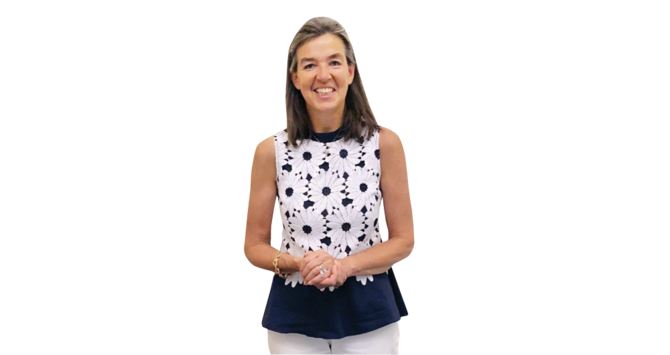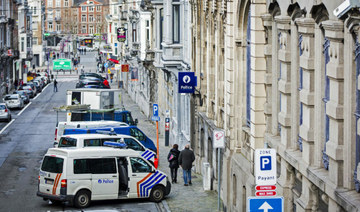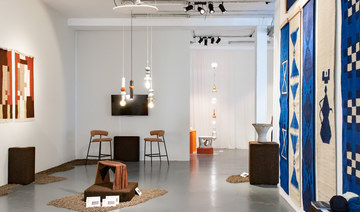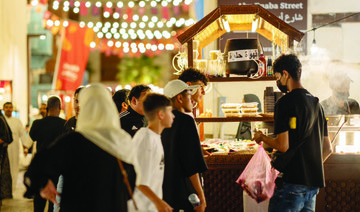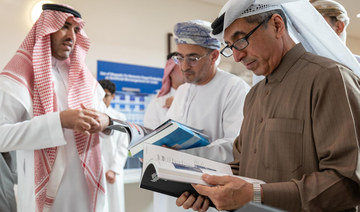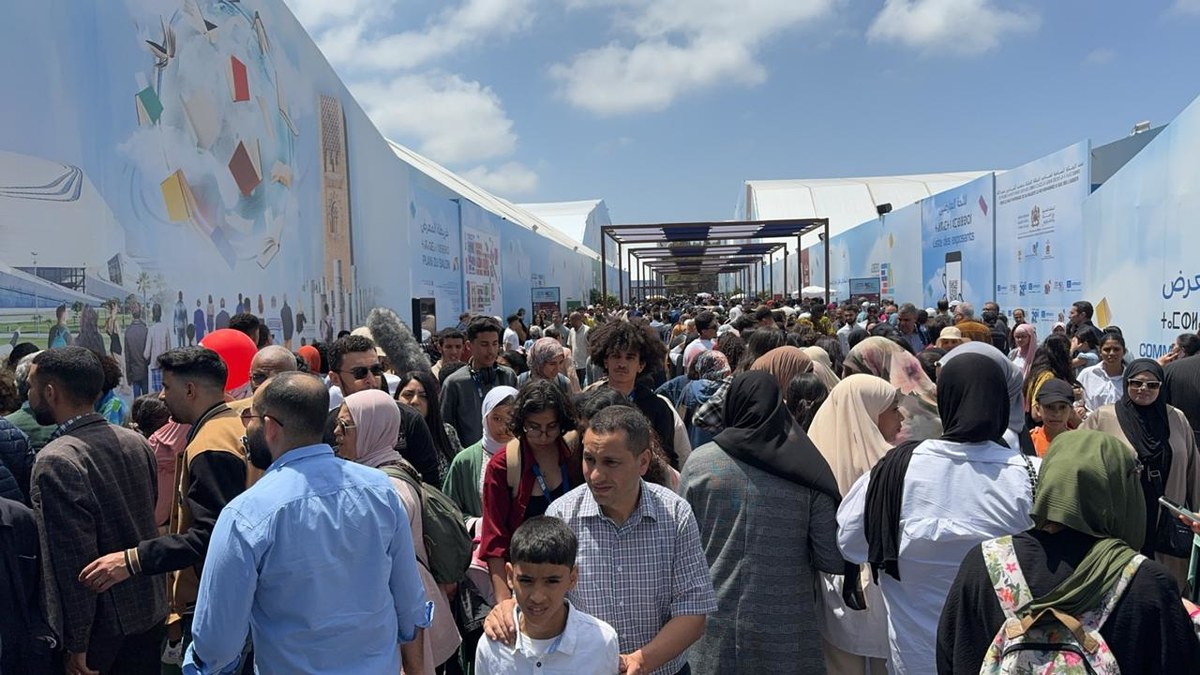RIYADH: Belgium celebrates its foundation on July 21. While festivities are usually filled with guests, good music and delicious foods, this year the multilingual country, to the northwest of France, is taking a different and unique approach. The coronavirus disease (COVID-19) might have changed the course of action, but digital celebrations have become the new norm, with Belgium continuing its celebrations online.
“The year 2020 has been extremely challenging for all of us and of course the July 21 will not be a usual one,” Belgium’s Ambassador Dominique Mineur told Arab News. “In Belgium, the military (display) will be replaced by other events such as a live-streamed concert.”
“At 6 p.m., a quiz will be launched, focusing on the relations between Belgium, Saudi Arabia, Oman and Yemen,” added the ambassador.
Mineur was the first female resident ambassador to the Kingdom of Saudi Arabia, taking up her role in September 2018. “I was struck by the warm welcome I received. I am lucky to have been chosen and accepted here as the first woman ambassador,” she said.
On living in Saudi Arabia, Mineur observed: “It was also a fascinating time to be here and witness the pace of changes the country is going through. I also admire the openness, as well as the curiosity of the Saudi people. Everywhere I go, I meet so many people who are just curious to know more and to learn about other ones, about the world.”
During her time in Saudi Arabia, Mineur teamed up with Shoura Council member Lina Al-Maeena to start a unique soft power initiative on the basketball court.
Riyadh United players have been holding regular games with the capital’s diplomatic community in a bid to promote the message of peace and understanding between nations through sport.
In 1954, a Belgian legation was inaugurated in Jeddah, with the first Belgian ambassador appointed in 1964, while the Kingdom’s first ambassador to Belgium was appointed in 1963. Belgium’s embassy was moved to Riyadh in January 1985.
The relations between Saudi Arabia and Belgium go back in time to December 1919, when a young Prince Faisal bin Abdul Aziz visited the UK on behalf of his father after the First World War. “He passed by Belgium and stopped there to visit the devastated areas of Ypres,” Mineur said.
In 1935, King Saud was received by Belgium’s King Leopold III. This visit was followed by an exploration mission of three Belgian specialists in 1951, who published a book titled “Expedition in the Heart of the Arabian Peninsula.” The mission was sponsored by King Abdul Aziz.
In May 1967, King Baudouin received King Faisal for an official visit to Belgium. In 1975, King Baudouin was invited by King Khaled for an official visit to Saudi Arabia.
In January 2015, King Philippe visited the Kingdom to present his condolences to King Salman for the deceased King Abdullah.
“Besides these official visits between our kings, not less than eight high-level economic missions have taken place in Saudi Arabia, since the late sixties,” Mineur added.
Not only that, but Belgium enjoys an international reputation in the medical sector. “It goes from training in some of our best universities to providing medical treatments. We are always so happy to meet Saudi doctors trained in Belgium.”
Belgium is also known for its intellectual legacy, comic creations such as Tin Tin and the Smurfs, and other cultural delights. “In general, the Belgians enjoy life, good food, drinks in nice company. Belgium is home to a lot of very charming medieval towns and cities. Many of them have been established at riversides.”
A small country with a vast history and kind people, the ambassador explains the nature of Belgians and their appeal. “The Belgians in general are known to be friendly and modest; they don’t brag about themselves but are found at key positions in a multitude of sectors.

She added, “Besides the usual cliches of chocolate and waffles, delicacies we all enjoy, Belgium is also known for many other things: Everyone is always welcome to watch a live match of our national football team, for example.
“During winter times, we have also have many Christmas markets. In summer, we have a lot of music festivals of all kinds taking place in many villages and cities. The most well-known is Tomorrowland (a very important music festival which) attracts every year a large number of youths from all over the world including from Saudi Arabia.”
Entertainment such as music is one of the joys Belgians take pride in. “Our know-how including in the fields of music and entertainment is highly appreciated and several Belgian companies have been invited to organize during the Riyadh Season.”
Mineur has visited various parts of Saudi Arabia, including Tabuk and the Empty Quarter. “The country has such a large variety of resources, natural, cultural as well as archeological treasures, that there are choices for different tastes among the tourists.”
“However, what I can already see since the opening of the country to the foreign visitors is the fascination for the desert experience. So many tourists wanted to discover more about the mystery of the desert, its silence, its emptiness, combined with this constant change of colors, of shapes, the vastness of the desert.”





